Twitch has filed paperwork to request that the Superior Court of California dismisses the lawsuit between James “Phantomlord” Varga and the platform less than one week after a trial date was finally set, according to Richard Lewis.
For the past two years, Twitch and Varga have been in a legal back-and-forth. Varga is looking to get $35 million in damages from the platform for banning him and hurting his reputation. Twitch originally was arguing that the case should have damages capped at $50,000, but judge Curtis Karnow ruled against the cap and a trial has been set for October.
But now, Twitch is requesting that the entire case be thrown out.
In listing the reasons for dismissing the case, Twitch’s legal team cited the commonly known Communications Decency Act that makes platforms like Twitch immune to legal liability from things that users do on their platform. This is made possible because they’re identified as platforms as opposed to publishers themselves.
If you recognize this act, you’ve probably heard it talked about in political discussions surrounding social media platforms like Twitter and Facebook, which have been accused of censoring some political beliefs. While this is a slightly different issue, Section 230 of the act provides platforms with immunity for actions done in “good faith” to prevent content that the platforms see as obscene or objectionable. Twitch is claiming that there’s no evidence that it acted outside of good faith.
“Twitch did not act in bad faith because the TOS and Partnership Agreement (to the extent it even governed his account termination here) forewarned against exactly the type of content for which Plaintiff was penalized,” Twitch’s legal team said.
According to them, Varga was banned for “inappropriate content, non-gaming content, and activity that contravenes applicable laws such as gambling productions.”
If the merit of Twitch’s dismissal arguments is accepted, Varga’s team will have a chance to appeal. If there’s no appeal, the case would likely end up being dropped or changed. The court is set to respond to Twitch’s request by September or sooner.



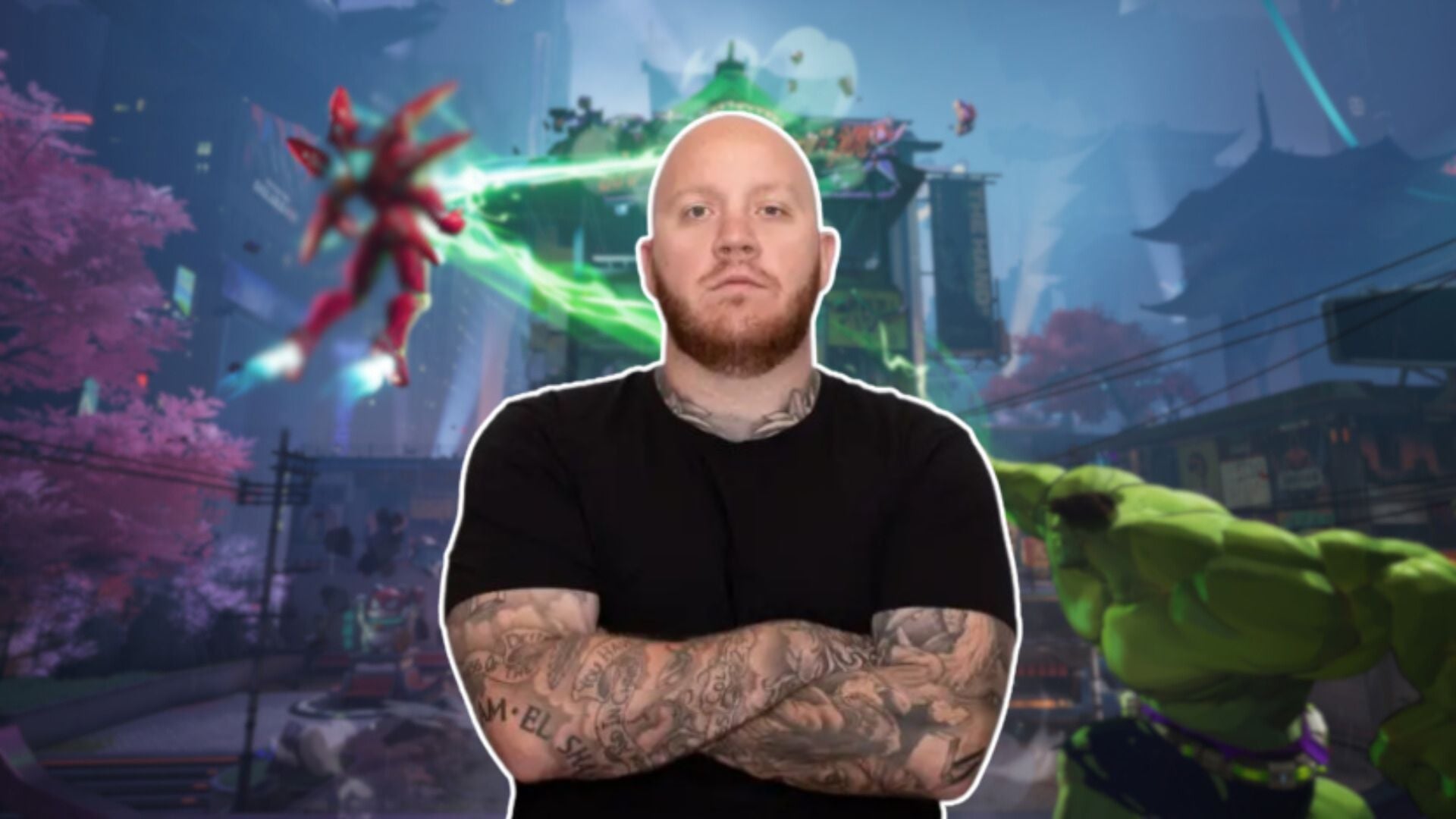

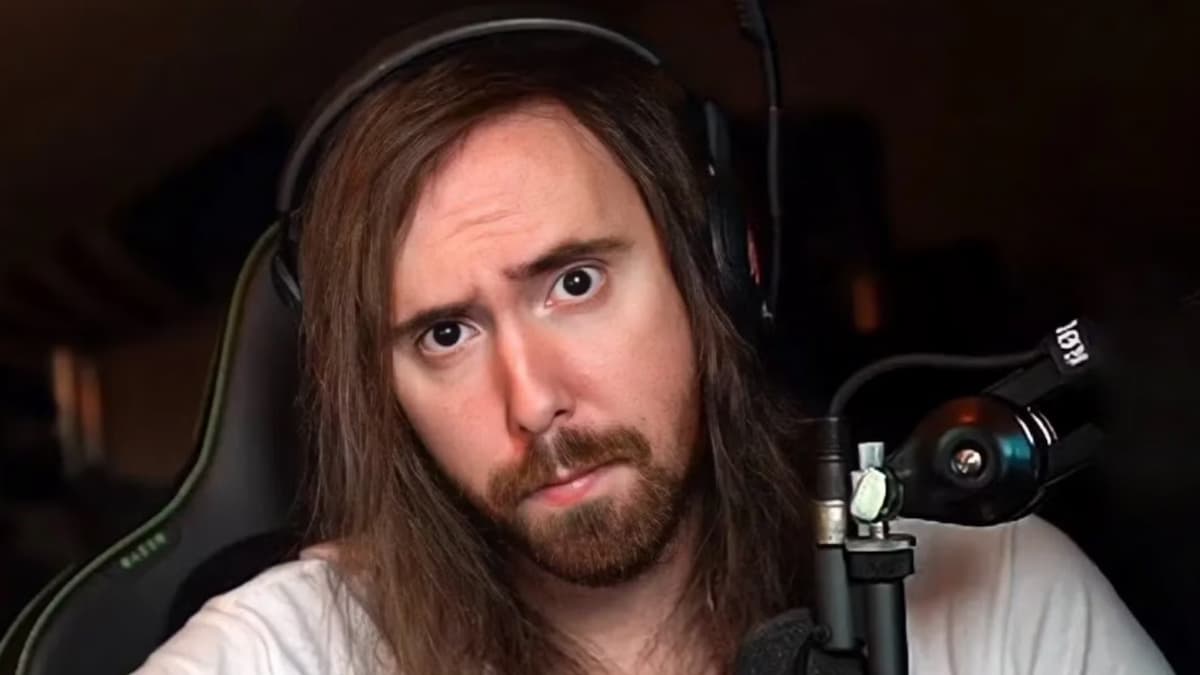

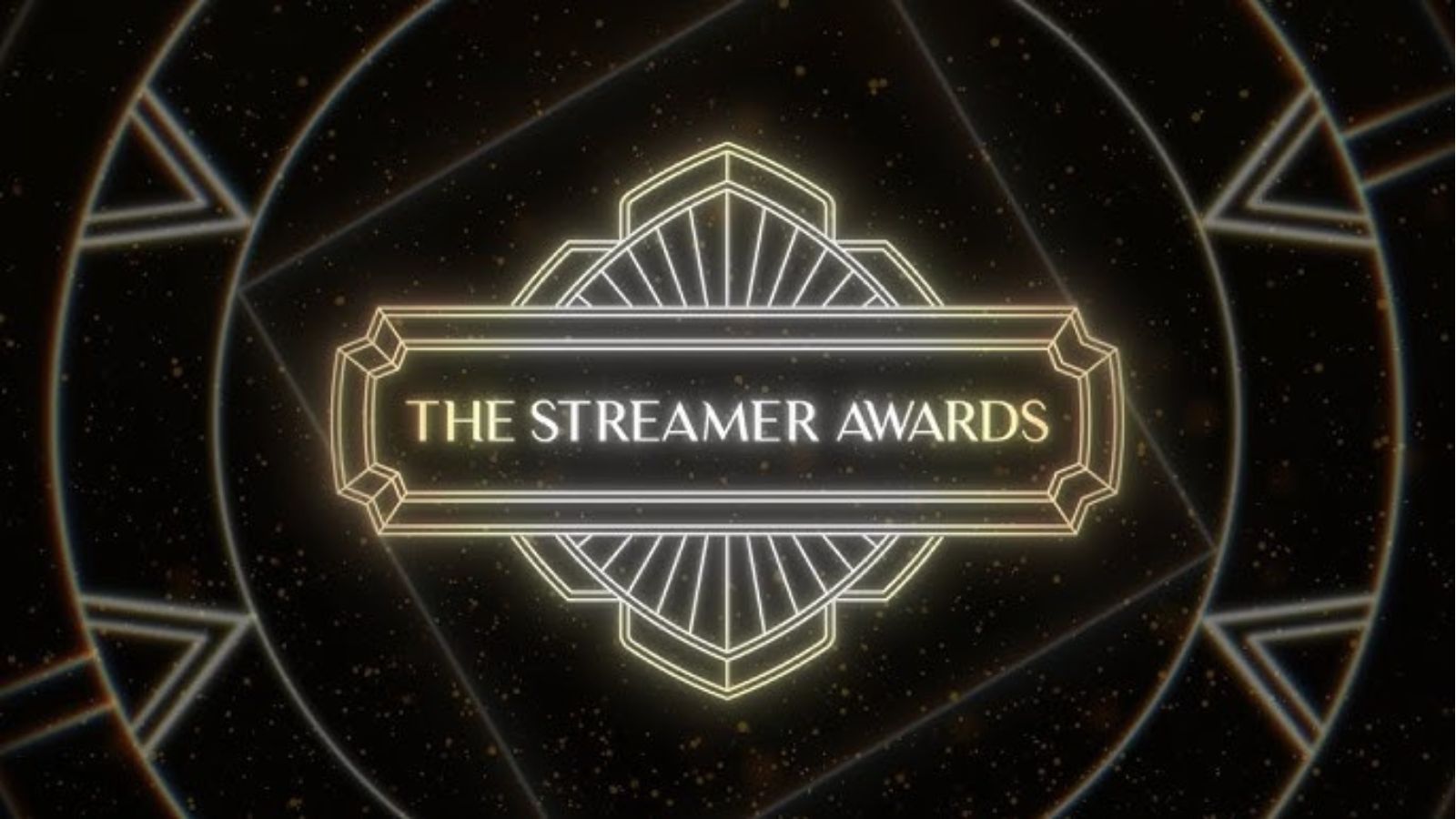

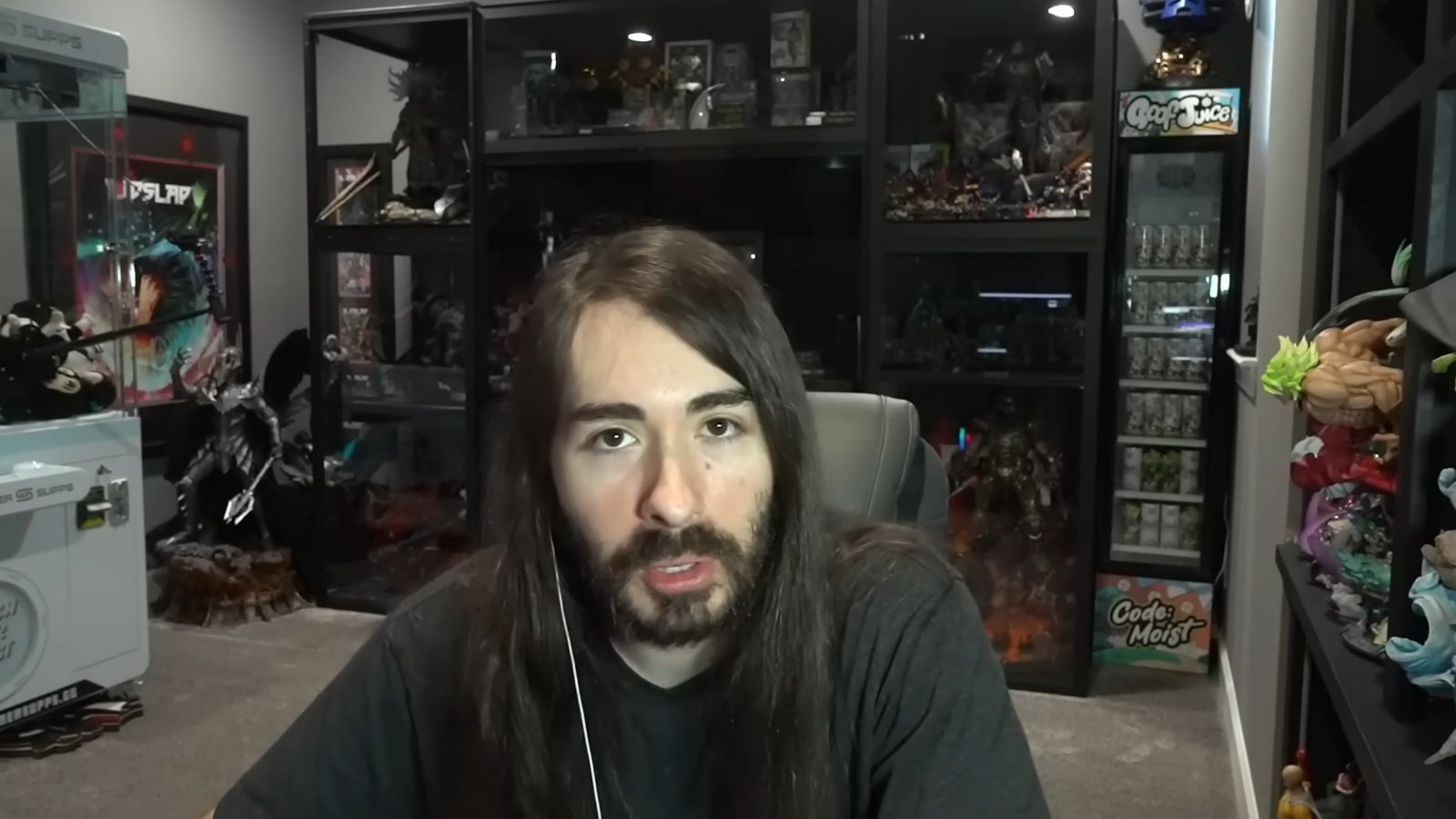
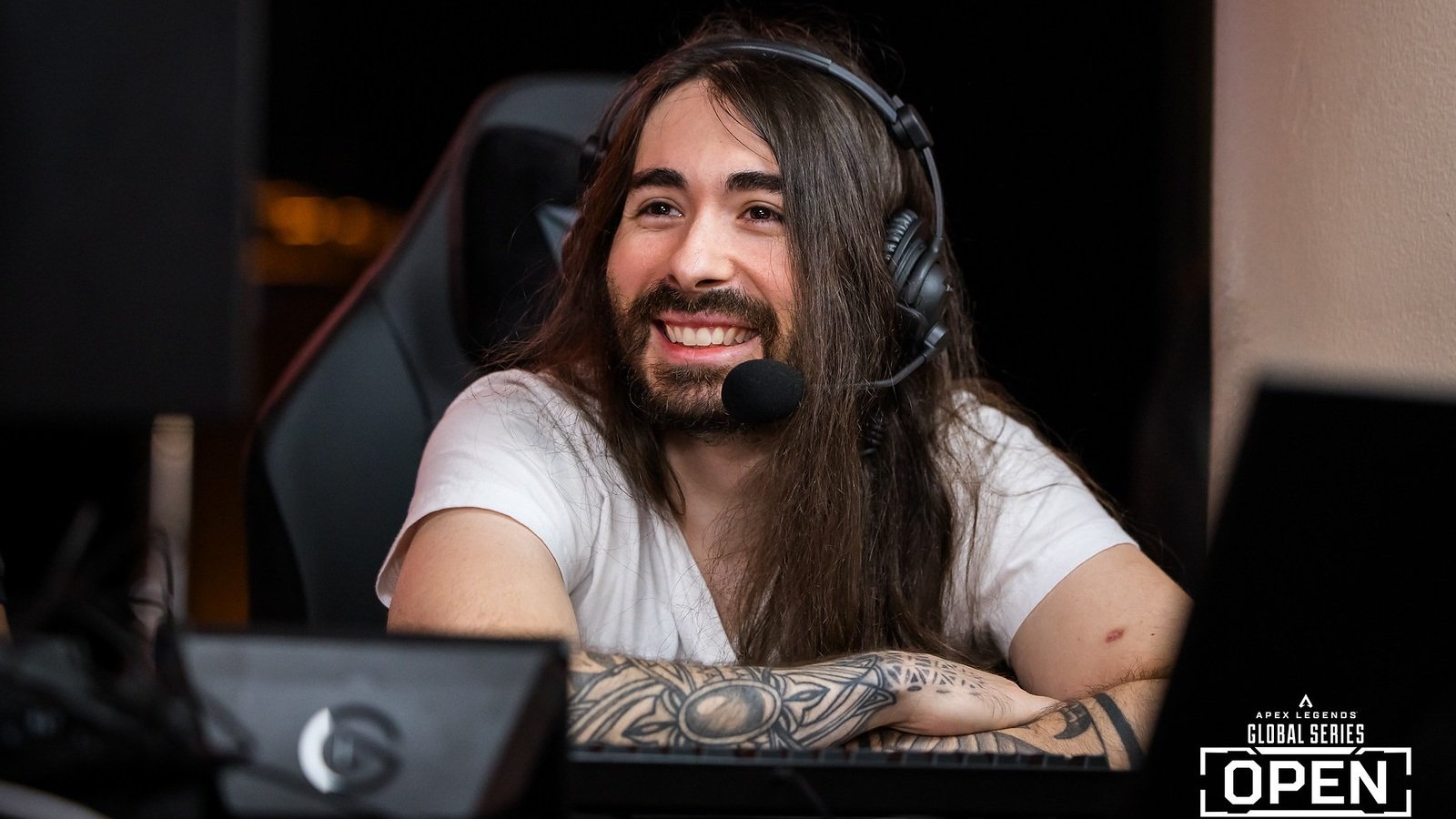


Published: Jul 20, 2020 10:14 am